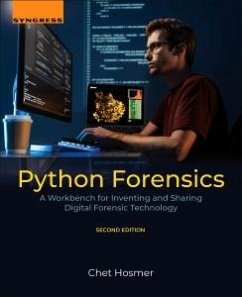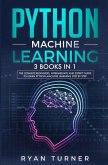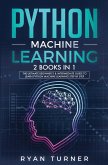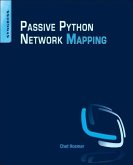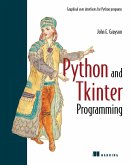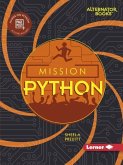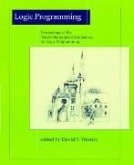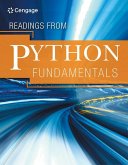Python Forensics: A Workbench for Inventing and Sharing Digital Forensic Technology, Second Edition provides never-before-published, proven forensic modules, libraries, and turnkey solutions. In addition, detailed instruction and documentation provided with the code samples allow even novice Python programmers to add their own unique twists. Rapid development of new cybercrime investigation tools is an essential ingredient in virtually every case and environment. Whether you are performing post-mortem investigation, executing live triage, extracting evidence from mobile devices or cloud services, or are collecting and processing evidence from a network, Python forensic implementations can fill in the gaps. This updated edition addresses new and emerging needs of the Digital Forensics professional, including expanded integration of Python into forensics and cybersecurity platforms; extensive machine learning integration with the Python ecosystem; using Python for deep packet inspection investigations; using Python for the gathering and analysis of Open-Source Intelligence (OSINT) investigations; using Python during eDiscovery investigations; integration of Python with Generative Pre Trainer-Transformers such as GPT-3, ChatGPT, and others; extraction and interaction with social media platforms; integration and access to Virus Total and other Internet resources; and YARA rule processing with Python.

